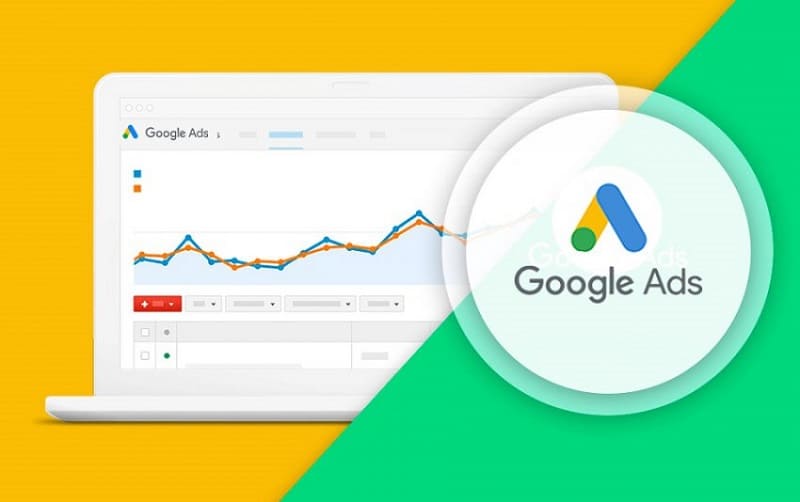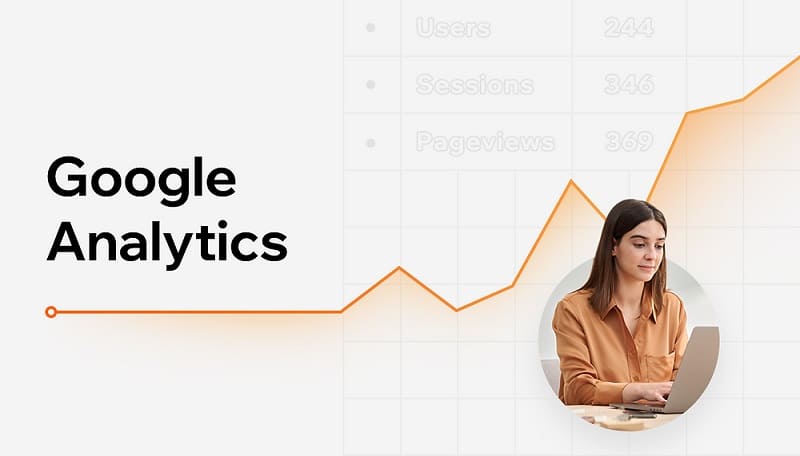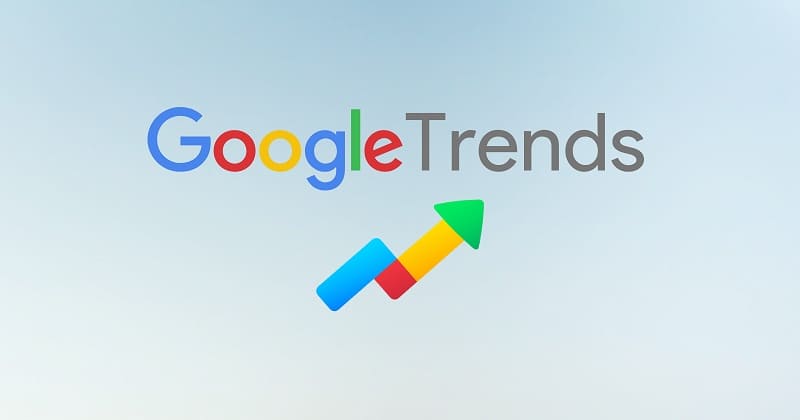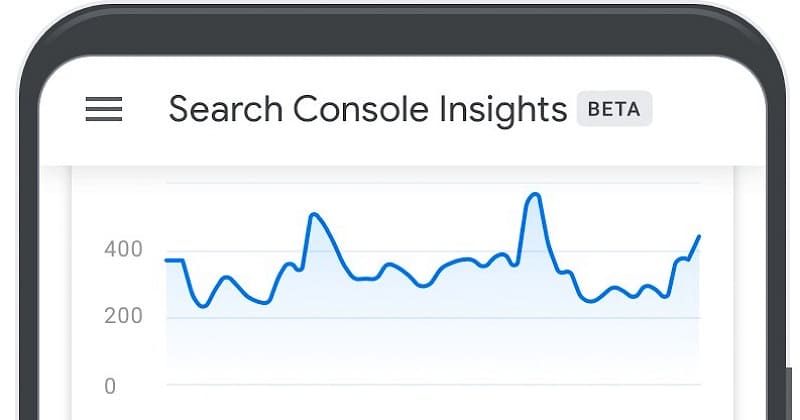As American psychologist Abraham Maslow famously said, “To the man who only has a hammer, everything he encounters begins to look like a nail.” It’s a nice observation on our human nature hide in our own frame of reference, where we tend to see mainly what we want to.
Now let’s apply that to SEO for your website. If you’re currently using a limited number of tools, or even just the one, you’re only able to see your website in terms of those tools. With an obscured view of your situation, it’s likely that you’ll miss out on some crucial opportunities to rise in search engine rankings!
Maintaining a top-tier website may be as much an art form as it is a science, but the top SEO tools on the market definitely lean towards the latter. They work with measurable data in real-time so that you can not only make informed changes, but also see the long-term effects of those actions.
This helpful list is all about using the right SEO tool for the job, so keep an eye out for those that you don’t yet use and see how they can benefit your digital marketing efforts:
-
Google Ads
A word of fair warning, a lot of the early items on this list are from Google, but let’s start with the obvious Google Ads. As anyone remotely familiar with SEO will let you, this is an absolutely essential tool for keyword research and thus content writing for your site.
With the free keyword planner, you simply enter your web address to get a helpful list of keywords that Google thinks you should be using in your content. There’s plenty of other nice features, too. For instance, Audience Insights allows you to pin down audience demographics, locations and interests so that you can prioritize your efforts on those you’re most likely to convert.
The Reach and Performance Planner tools allow you to effectively forecast results and create a suitable plan to achieve those targets. Lastly for us, their Auto-recommendations feature uses your historical data to predict future performance and suggests the relevant changes to improve your digital marketing campaign.
Link: Google Ads
-
Google Analytics
Google Analytics is amongst the first tools you hear about as an SEO beginner, and with good reason. This extremely handy tool provides real-time site statistics and then offers data-driven solutions for generating more traffic and conversions. As your centralized hub for all sorts of SEO-related data, you are free to visualize everything in a single place.
Notable features include:
- Reports: Audience, behavior, advertising and conversion reports are available, amongst others, giving you a clear and comprehensive view of key insights. You get tons of information about your visitors, from their characteristics and route to your site to exactly how they interacts with your content and the subsequent chance of conversion.
- Funnel Analysis: Compares the performance of different traffic routes so that you can better allocate your advertising funds in order to maximize your return. You can also see at which stage your customers drop off, which might indicate some underperforming copy or a technical problem with your site.
- Smart Goals: Create tons of different milestone or progressive goals. With all of the available data to hand, you can set clear and measurable conditions for your goals so that you know exactly what needs to be done and are motivated to do so!
You can do quite a number of other things with Google Analytics, too. Ultimately, it’s a powerful tool for tracking your visitors, discovering your top pages and implementing the steps for improving both site visibility and audience engagement.
Link: Google Analytics
-
Google Trends
Any decent SEO agency will tell you to keep to a proper content publishing schedule, though it can be difficult to come up with new article ideas or discussion topics. Google Trends allows you to see what keywords are currently popular, but also how interested for those select keywords has changed over time.
It’s even possible to pin down keyword interest based on geographical location, so you can offer unique user experiences whether you’re doing SEO in Sydney or elsewhere. This makes geo-targeting quite a bit easier with this tool, particularly useful if you like having location-specific pages that need tweaking.
In fitting with Google’s data-driven approach, this tool offers real-time information so that you’re always aware of how your main keywords are doing, as well as whether interest in less competitive keywords is growing or shrinking.
Link: Google Trends
-
Google Search Console
You didn’t think we’d forgotten about this old trusty workhorse, did you? Google Search Console is an entirely free-to-use service, which means it’s particularly favoured amongst SEO novices. However, don’t think that means this all-in-one tool is basic or underpowered.
The Google Search Console gives you immensely valuable insight into building an SEO-friendly site. Take the data highlighter and HTML improvement tools, for example, intuitive features that help you to improve code and structured data on your site. Having clean code and structured data throughout your entire website is an absolute must for ranking highly in SERPs!
You can also conveniently check the condition of your sitemap, perform actions to improve indexing, and hide URLs that are drawing the wrong crowd. Meanwhile, you can hop over to the integrated analytics to gain insight on metrics such as Clicks, Impressions, CTR and Position. All in all, this is a comprehensive tool that’s perfect for entry-level SEO!
Link: Google Search Console
-
Ahrefs
It’s time to bid farewell to Google and move onto the other great SEO tools out there! Where better to start than with Ahrefs, an extremely powerful suite of tools that offers solutions to all of the digital marketing problems you’ve heard of, and those you haven’t!
As you’d expect from a comprehensive service, you can conduct a full site audit, undertake competitor analysis and plan out your SEO strategy, from keyword research (on 10 different search engines) to viewing backlink growth and uncovering content gaps in SERPs to get ahead of your rivals.
Plans begin at $99 USD per month (Lite) and move upwards to $199 for Standard, $399 for Advanced, and $999 for Enterprise. Their Pricing Plan goes into detail about the features available at each level.
Link: Ahrefs
-
SEMRush
With more than a few brilliant SEO features, SEMRush is the go-to suite for thousands of companies and their digital marketing campaigns. The first thing that comes to mind is their Keyword Magic Tool, an immensely useful feature for keyword research. All you need to do it enter a primary keyword and the tool will offer a field of suitable keywords, which you are then free to break down by qualifier until you land on some long-tail keywords that the competition haven’t yet found!
Aside from the obligatory keyword tool mention, you can conduct a full site audit, do competitor analysis, see page-specific performances, create a full link building strategy and make use of some automation on your content generation. Put simply, don’t underestimate the range of things you can do with this all-in-one tool!
Link: SEMRush
-
Majestic
Anyone who prioritises link building in their digital marketing strategy should definitely look to Majestic, a powerful tool that only focuses on backlink-related features. Most notably, you have their Historic Index, arguably one of the most comprehensive collections of backlink data available anywhere.
You can look at your site in terms of trust flow, citation flow, external backlink volume, referring domains and IPs and crawled/indexed URLs. One important distinction to note is in their Topics section, Majestic assesses your site not in terms of your content, but the location of your backlinks. Essentially, you can view your site by its backlink identity, which is invaluable when you’re trying to visualize where in the digital space your site falls.
Once again we’ll just clarify that this tool only deals with backlinks, so it’s best suited to be used in conjunction with a larger suite or your own collection of SEO tools.
Link: Majestic
-
SEOquake
Now for something a little different, a free SEO tool that’s actually an extension for your browser, whether that’s Google Chrome, Mozilla Firefox or Opera. It’s a “powerful SEO toolbox for your browser,” as they put it, which lets you, “conduct on-page SEO audit in a flash, examine internal and external links [and] compare domains and URLs in real time.”
SEOquake may not be the most kitted out SEO tool, but it’s perfect for intuitive research. Using the customizable SEO bar, you can instantly evaluate SERP and SEO of any webpage you visit. You can also analyse things like keyword difficulty, ranking and backlinks.
We’d recommend that you use SEOquake alongside your main analytical tools, and we’ve heard many people say it integrates particularly well with SEMRush.
Link: SEOquake
Using the Right SEO Tools
As advanced as some of these SEO tools are, there’s no guarantee that you’ll achieve a successful digital marketing campaign simply but investing in them. Having the right tools is of course critical, but knowing how best to utilize them is just as important for getting good results.
With these tools on the market, it’s never been easier to create your marketing strategy, though it is a process that comes more naturally to some than others. If you do ever need advice on reaching and communicating well with your audience, level up with expert help from a top SEO agency in Australia.







